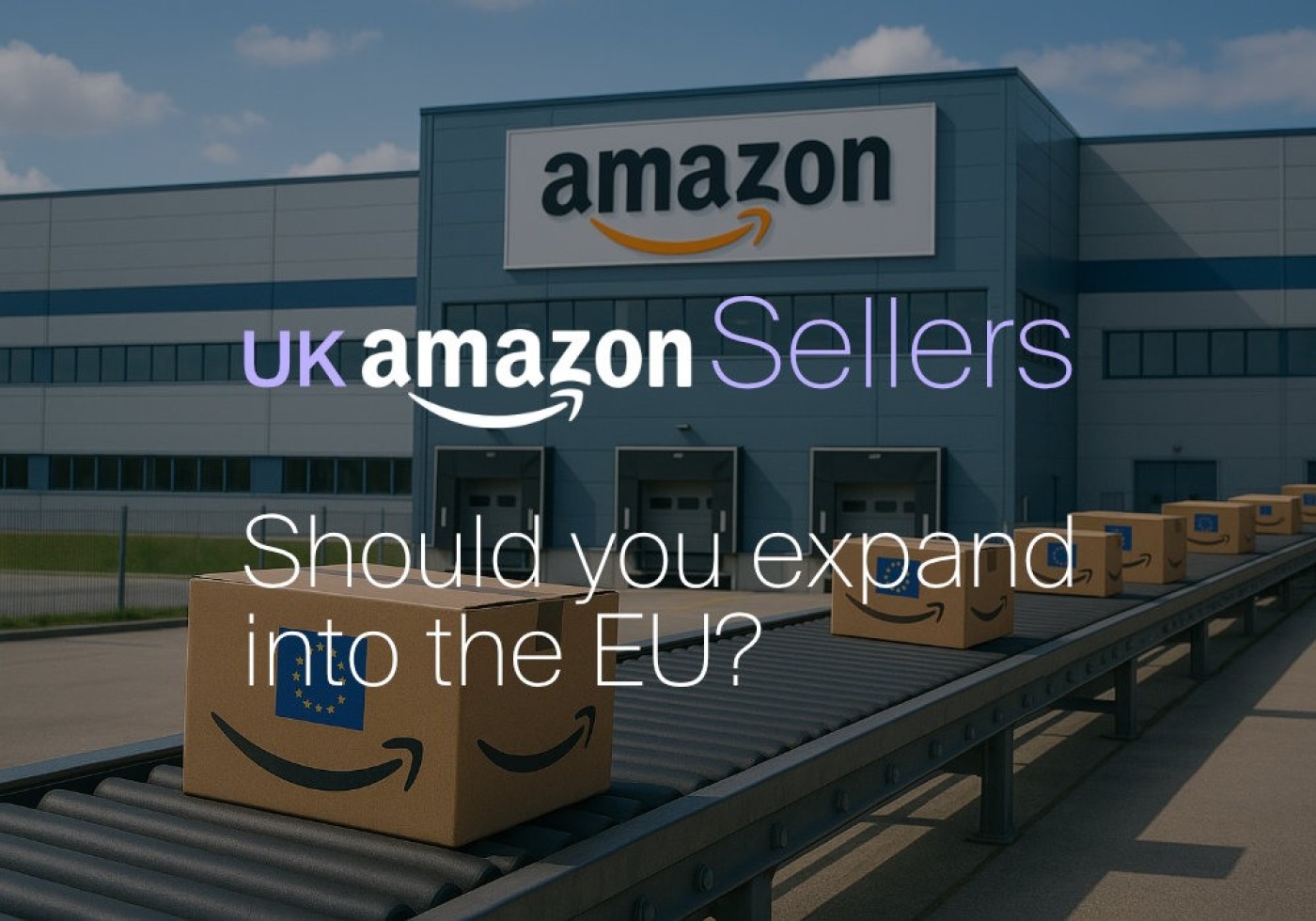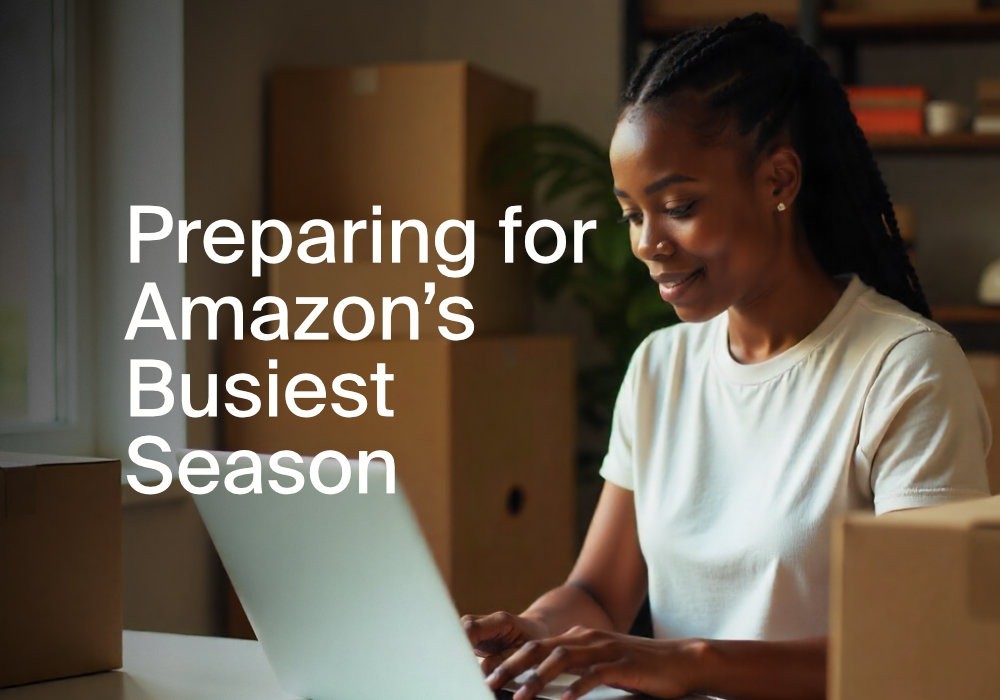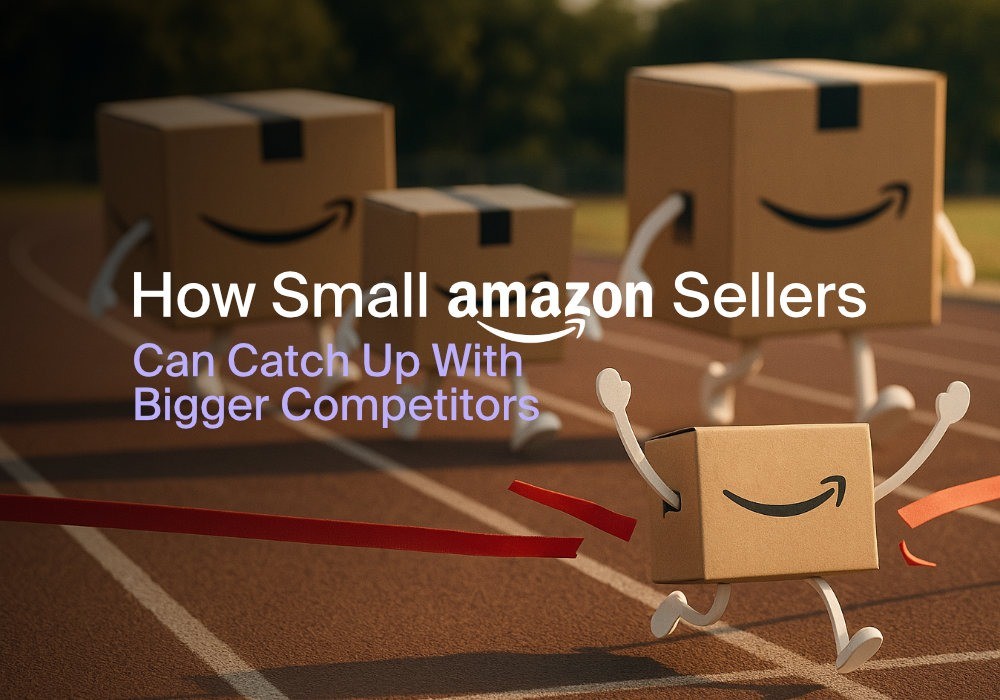As a UK-based Amazon seller, expanding into Europe can be one of the most impactful ways to grow your business — but it comes with both opportunities and challenges. With access to millions of new customers and the potential to scale significantly, the EU market is attractive. But there are logistical, financial, and regulatory factors to weigh before making the leap.
In this article, we’ll break down whether expanding into the EU is the right move for UK sellers, the benefits and drawbacks of doing so, and how to get started the right way using Amazon’s tools, including the FBA European network.
Why consider expanding into the EU?
1. Access to a broader customer base
Expanding across Europe opens the door to more than 400 million potential customers in countries like Germany, France, Italy, and Spain — many of whom are already active Amazon shoppers.
For growing brands, the EU provides access to high-demand markets that can dramatically increase sales volume beyond what’s possible in the UK alone.
2. Strengthened brand presence
Selling in the EU enhances brand visibility and credibility. Appearing in local marketplaces (e.g. amazon.de, amazon.fr) with listings in the local language shows you're a serious, international brand — which can lead to greater trust and conversion.
3. Diversification
Selling in the EU protects your business from UK-only market fluctuations. It also gives you a buffer if there are seasonal drops, inventory challenges, or regional economic issues affecting UK demand.
Using Amazon’s FBA European network
If you're already using Fulfilment by Amazon (FBA) in the UK, expanding into the EU becomes significantly easier thanks to Amazon's cross-border fulfilment services. However, you need to understand the available options:
1. European Fulfilment Network (EFN)
This allows you to fulfil orders across European marketplaces from your UK inventory. It's a simple way to test EU markets without storing inventory locally in Europe.
Pros:
- Low setup cost
- No need for separate EU storage
- Good for testing demand
Cons:
- Slower shipping times
- Higher fulfilment and shipping fees
- Customer experience can be affected by delays
2. Pan-European FBA
With Pan-EU FBA, you send your stock to a UK fulfilment centre and Amazon distributes it across EU countries automatically, based on expected demand.
Pros:
- Faster local shipping
- Eligible for Prime
- Improves Buy Box eligibility
Cons:
- Requires VAT registration in each country stock is stored
- More complex accounting
- Local compliance obligations
3. Multi-Country Inventory (MCI)
MCI lets you manually decide which countries to send inventory to within the EU. This gives you more control over where your stock is held.
Pros:
- Strategic stock placement
- Can target top-performing regions
- Supports Prime in each selected country
Cons:
- Requires detailed forecasting
- VAT registration needed per country
- Higher upfront planning and management effort
Pros of expanding into the EU
- Revenue Growth: Access to multiple new revenue streams with less competition in some categories.
- Stronger Conversion: Local listings and Prime eligibility in EU countries can boost sales.
- Economies of Scale: Once set up, many processes (ads, listings, support) can be replicated with little extra cost.
- Leverage Existing Success: Your top-performing UK products may also do well in EU markets — and Amzigo’s Product Analysis tool can help you identify which SKUs to launch based on review trends, conversion rates, and inventory levels.
Cons and considerations
- VAT Compliance: You’ll need to register and file VAT returns in every EU country where your stock is held. This often requires a local accountant or VAT agent.
- Language and Localisation: Listings must be translated professionally. Avoid machine translations — poor copy can kill conversion.
- Logistics and Returns: You’ll need a plan for handling EU returns. Some countries expect returns to be processed locally.
- Brexit Complications: Post-Brexit customs checks, duties, and shipping delays can make cross-border fulfilment more complex.
- Initial Costs: Expansion requires upfront investment in stock, localisation, VAT services, and possibly marketing.
When to consider expanding
- You already have products that sell well in the UK with consistent reviews
- You can invest in VAT registration and stock movement
- You’re ready to commit to international growth
- You’ve already optimised your listings and operations — expanding just replicates success
- You use tools like Amzigo to track stock levels, product performance, and customer feedback at scale
How to prepare for expansion
- Localise your listings: Use native speakers to translate titles, bullet points, and descriptions.
- Use Amzigo to assess review volume and trends: Products with positive sentiment and consistent sales are good candidates for expansion.
- Set up VAT and EORI numbers: You’ll need these for customs and compliance.
- Start with EFN, then scale: Many sellers begin with EFN, then switch to Pan-EU or MCI when sales grow.
- Prepare ads for local markets: You can run Sponsored Products or Sponsored Brands in local marketplaces to boost visibility.
- Track inventory carefully: Amzigo’s inventory alerts and restock recommendations help avoid stockouts during market launches.
Conclusion
Expanding from the UK into Europe is a strategic move that can open the doors to serious growth for your Amazon business — but it’s not without its complexities. From VAT and returns to localisation and fulfilment choices, success depends on planning and using the right tools to stay compliant and efficient.
Whether you start small with EFN or go all-in with Pan-EU FBA, having a clear strategy — and data to guide you — is what separates successful EU expansions from expensive missteps. If you’re already established in the UK and want to scale, Europe should absolutely be on your radar.
Looking to take your Amazon business to the next level?
Discover how Amzigo's advanced features, like our Automated Review Centre, Product Analysis, and Inventory Management, can transform your selling experience. Check out our features and try it for free!



